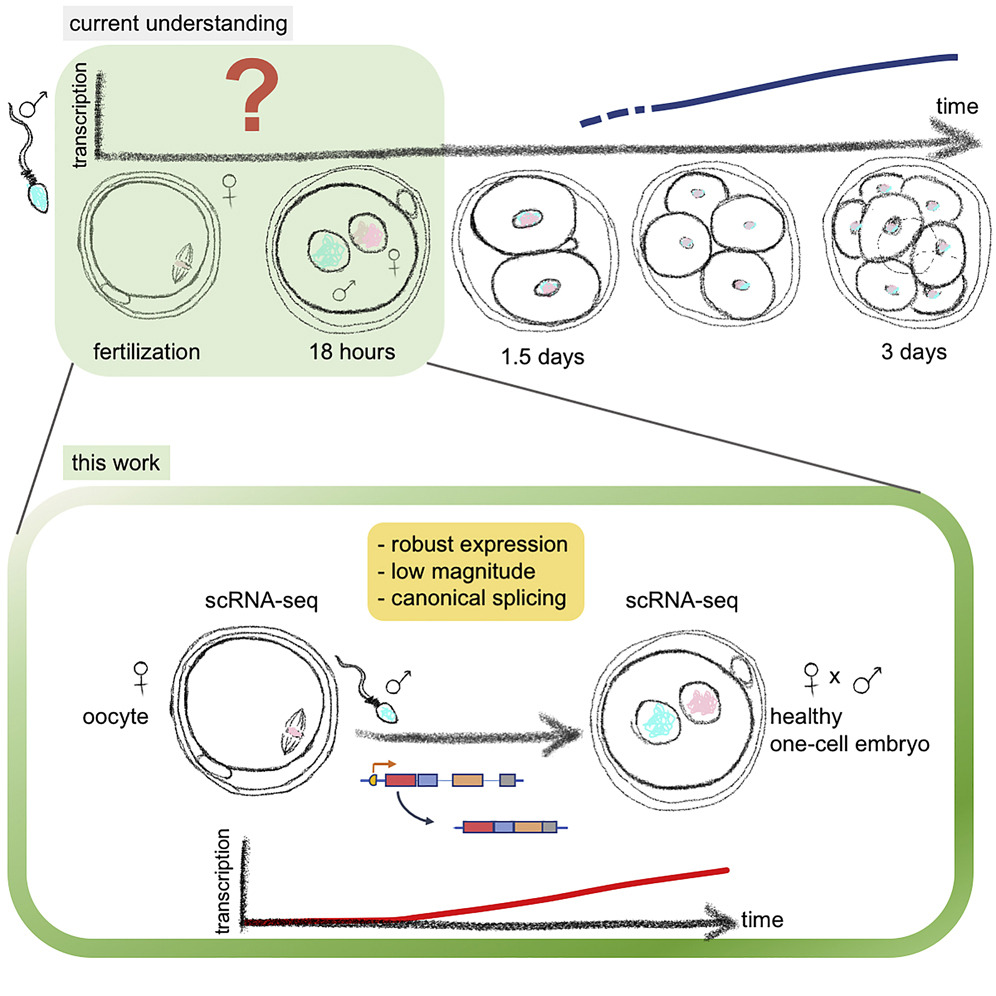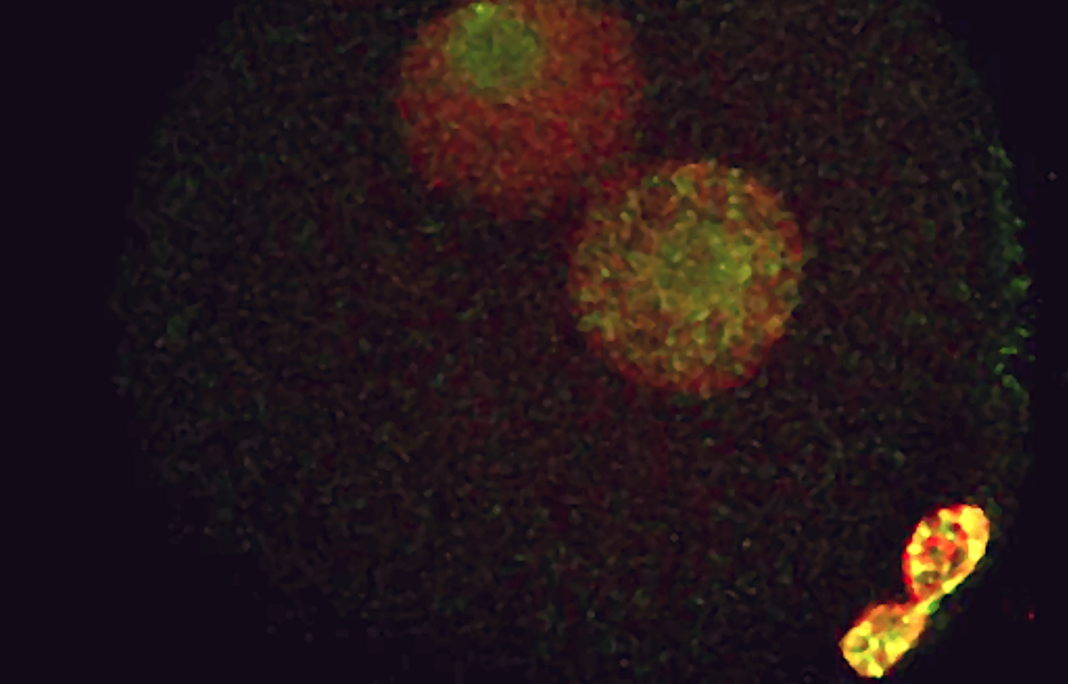It is well understood that the initiation of transcription (embryonic genome activation), in human embryos, occurs by the eight-cell stage. However, the exact timing of the initiation of the process remains unclear. Up until now, it has been thought that genes don’t become active in human embryos until they are made up of four-to-eight cells, two or three days after fertilization. Now, a group from the U.K. has profiled gene expression at depth in one-cell embryos and their findings suggest that gene expression initiates at the one-cell stage in human embryos.
Giles Yeo, PhD, principal research associate at the University of Cambridge, tweeted that textbooks say that everything required to merge egg and sperm is already there in the egg and no new transcription (to produce mRNA & hence more protein) occurs till the 4–8 cell stage. “We show this is fundamentally wrong,” he added, “changing the way we think about our developmental origins.”
This work is published in Cell Stem Cell in the paper, “Human embryonic genome activation initiates at the one-cell stage.”
Using scRNA-seq, researchers analyzed individual human eggs and one-cell embryos and revealed previously inaccessible oocyte-to-embryo gene expression changes, likely of such a low-magnitude, it was undetectable with previous technologies.
“This is the first good look at the beginning of a biological process that we all go through— the transit through the one-cell embryo stage,” said Tony Perry, PhD, professor in the department of biology and biochemistry at the University of Bath. “Without genome awakening, development fails, so it’s a fundamental step.”
The team found that many genes activated in one-cell embryos remain switched on until the four-to-eight cell stage, at which point they are switched off. They write that they confirmed “depletion following fertilization (maternal RNA degradation).”
“It looks as if there is a sort of genetic shift-work in early embryos: the first shift starts soon after fertilization, in one-cell embryos, and a second shift takes over at the eight-cell stage,” said Perry.
At the moment of human fertilization, sperm and egg genomes—the collection of all of their genes—are inactive: the sperm and egg rely on transcripts produced when they were being formed for instructions that regulate their characteristics.
Understanding the process of genome awakening is important: it is a key piece of the jigsaw of development that promises a better understanding of disease, inheritance, and infertility. The scientists found some activated genes that might be expected to play roles in early embryos, but the roles of others were unknown and could point to embryonic events that remain not well understood.
The team’s findings also shine a light on how the genes are activated. “Although the trigger for activation is thought to come from the egg, it’s not known how; now we know which genes are involved, we can locate their addresses and use molecular techniques to find out,” said Perry.
Candidates that may trigger gene activation include cancer-associated gene regulators, such as some well-known oncogenes. This led the researchers to speculate that their role is to awaken genes in one-cell embryos. If this proves to be correct, the team’s findings could illuminate events that initiate cancer, providing new diagnostic and preventive opportunities.
“If true, we should be able to see this altered gene activation signature at the one-cell stage,” noted Yeo.
The team also looked at unhealthy one-cell embryos that do not develop and found that many of their genes fail to activate. Abnormal embryos have been used to evaluate methods of human heritable genome editing, but the new findings suggest they may be inappropriate as a reliable test system.




